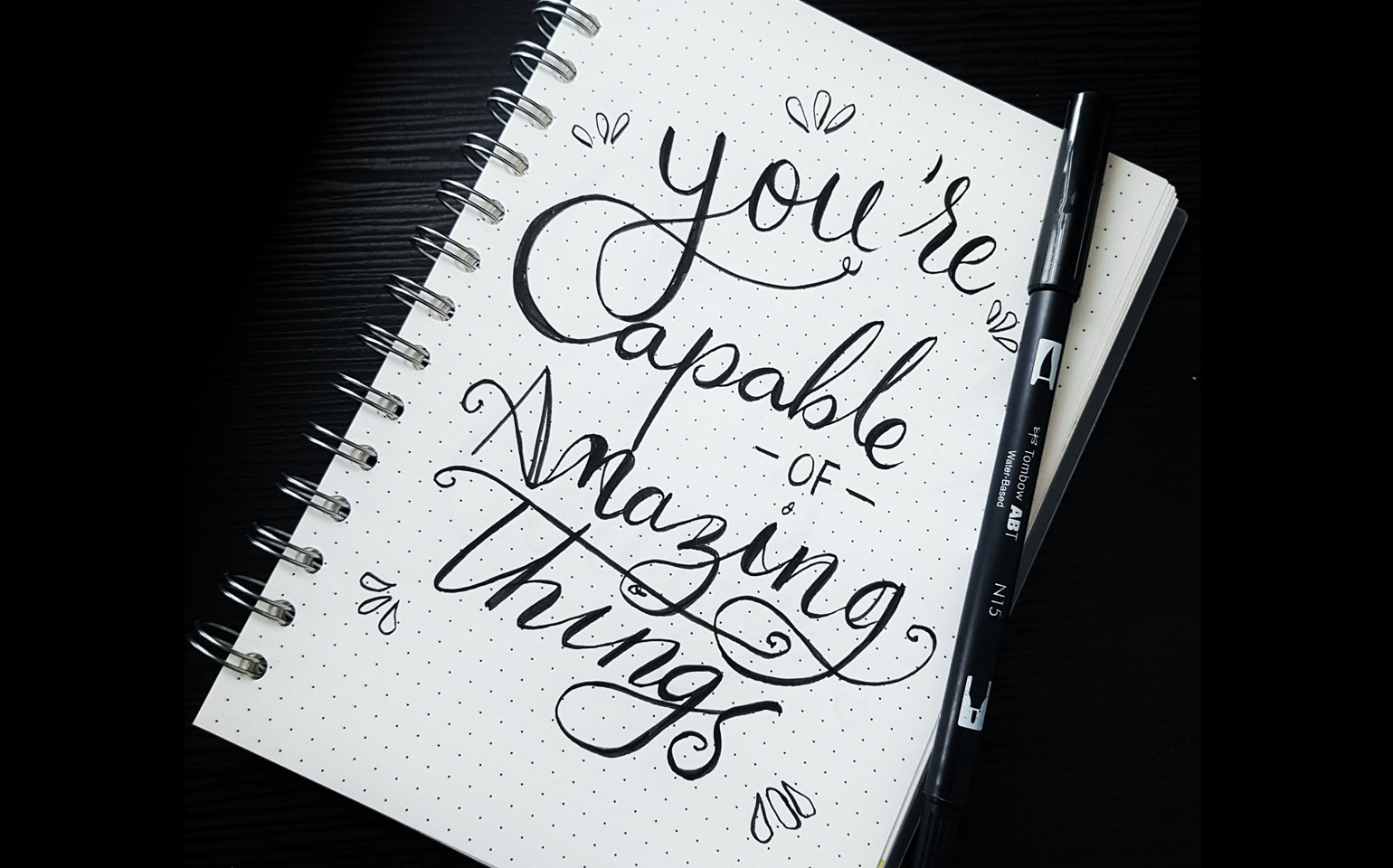
Transform Your Life Through Self-Reflection: My Journey from Struggling Student to Academic Success
“Absolutely everything that happens in your life, whether it’s good or bad, is within your influence.” The first time I heard this statement from a mentor, I didn’t quite understand what it meant or the benefits it could bring to my life and those around me. Let me share how self-reflection, self-analysis, and taking responsibility for our actions can pave the path to our dreams and a profoundly fulfilling life.
Last year when I was in school, I wasn’t doing well academically. I watched my friends achieve higher grades. It was disheartening to see them excel seemingly effortlessly while I struggled with my grades. At our school, there was a prestigious group known as the “Scholars Guild,” reserved for the top 8-10 students with the highest academic averages. This guild is something I’ve wanted to be a member of because it represents to me, hardworking, well-rounded students who value academics. Membership in this guild also included exclusive benefits like special dinners and private meetings with teachers, offering a coveted opportunity for personal and academic growth. I realized that these achievers rightfully earned their place through dedicated effort, unlike myself.
Aware that my own lack of focus contributed to my academic challenges, I refused to succumb to failure and stay in a negative space. Instead, I chose introspection and self-reflection to uncover solutions that could elevate my grades and prove my worth as a hardworking student and a possible member of the guild.
This is what my self-reflection routine looked like:
Step 1: Reflection
At the end of the day after the members of the guild were announced, I took a sheet of paper and wrote down how I felt and everything that didn’t go as planned.
Step 2: Accountability and Analysis
Once evaluating whether I could truly influence the situation (the answer is usually yes with enough effort), I took accountability for why this experience happened to me and accepted that those in the guild deserved it and that I didn’t. After this, I reflected honestly on why this happened—the cause. I realized I spent too much time chatting with my family, listening to too much music, procrastinating, and always taking the easy choice instead of prioritizing my studies.
Step 3: Identifying Solutions
Once identifying the cause of me not being in the guild, I identified solutions that would allow me to overcome my predicament. These solutions were to talk to the members, ask them for advice, remove distractions (deleting social media apps and rewarding myself with meaningful conversations with my family after my studying was done), and to implement study methods such as the Pomodoro Technique. I set a deadline to implement them and formulated steps I could take every day to ensure my end goal of being in the guild would be achieved.
Here is where our previous statement at the beginning falls perfectly into place: when I adopted the mentality that I could influence my situation after evaluating it, rather than attributing everything to luck or external factors, I was able to develop myself as a person by becoming a harder worker, and influencing my circumstances by creating solutions and a plan to implement them.
I discovered a foolproof method of self-improvement. After this one day of self-reflecting, my grades, my discipline, and myself as a person skyrocketed. The test after that, motivated by my healthy sense of competition and belief that I could alter my grades, I scored 99%.
Furthermore, in an unexpected way, I came to realize a new sense of gratitude for everything in my life. I learned other skills such as how to prioritize my time and other things I valued, such as being able to play the clarinet, and run.
Moreover, my life became much more fulfilled. How? I started helping my friends with the skills I learned. For me, besides the guild, as a person who believes true fulfillment comes from helping others, one of my goals in obtaining better grades was to be able to help others with their own studying habits. This motivation to help others made all the solitary nights studying worth it.
The realization of the benefits of self-reflection was shocking. What if I could apply the benefits of self-reflection to other aspects of my life, not just grades? And so I did.
When I was rude to people, I self-analyzed and changed myself. When I was feeling unmotivated? I self-analyzed and was able to determine why and fix it. Now when any problem arrives, I take the self-analysis approach in order to solve it one step at a time. Over time, these reflections and solutions compounded into good habits, ultimately making me the person that I am today; a much more fulfilled and grateful one.
Reflecting on my recent success, I realized the importance of analyzing both my mistakes and achievements. I found that evaluating my successes was as beneficial as reviewing my failures. This approach helped me validate the effectiveness of my solutions and maintain positive habits through ongoing self-reflection.
All in all, the essence of this article is to understand that the world and situations we live in are more often than not, able to be influenced by our own sheer efforts. We just need to think. We need to take action. We need to take accountability for our faults, and we need to self-analyze in utter honesty to find solutions to our problems.
Don’t panic when something bad happens; when something doesn’t go according to plan, one option is to choose to view it differently and reflect on it. This approach may seem obvious, something everyone does, but the reality is that most people often forget about the benefits of self-reflection and its potential power to change our lives. By reflecting on our experiences and holding ourselves accountable, we can continuously improve ourselves and achieve our aspirations.



